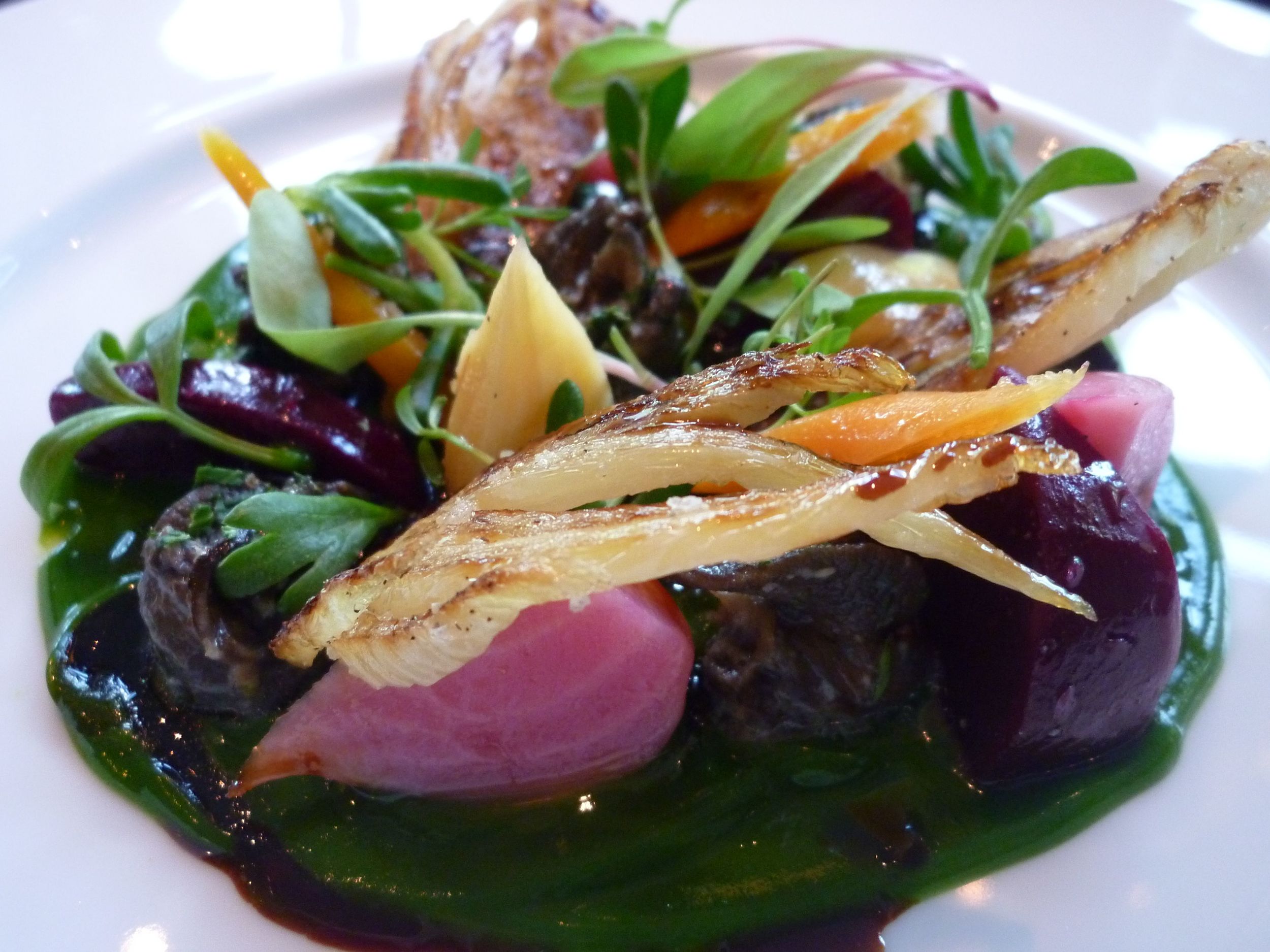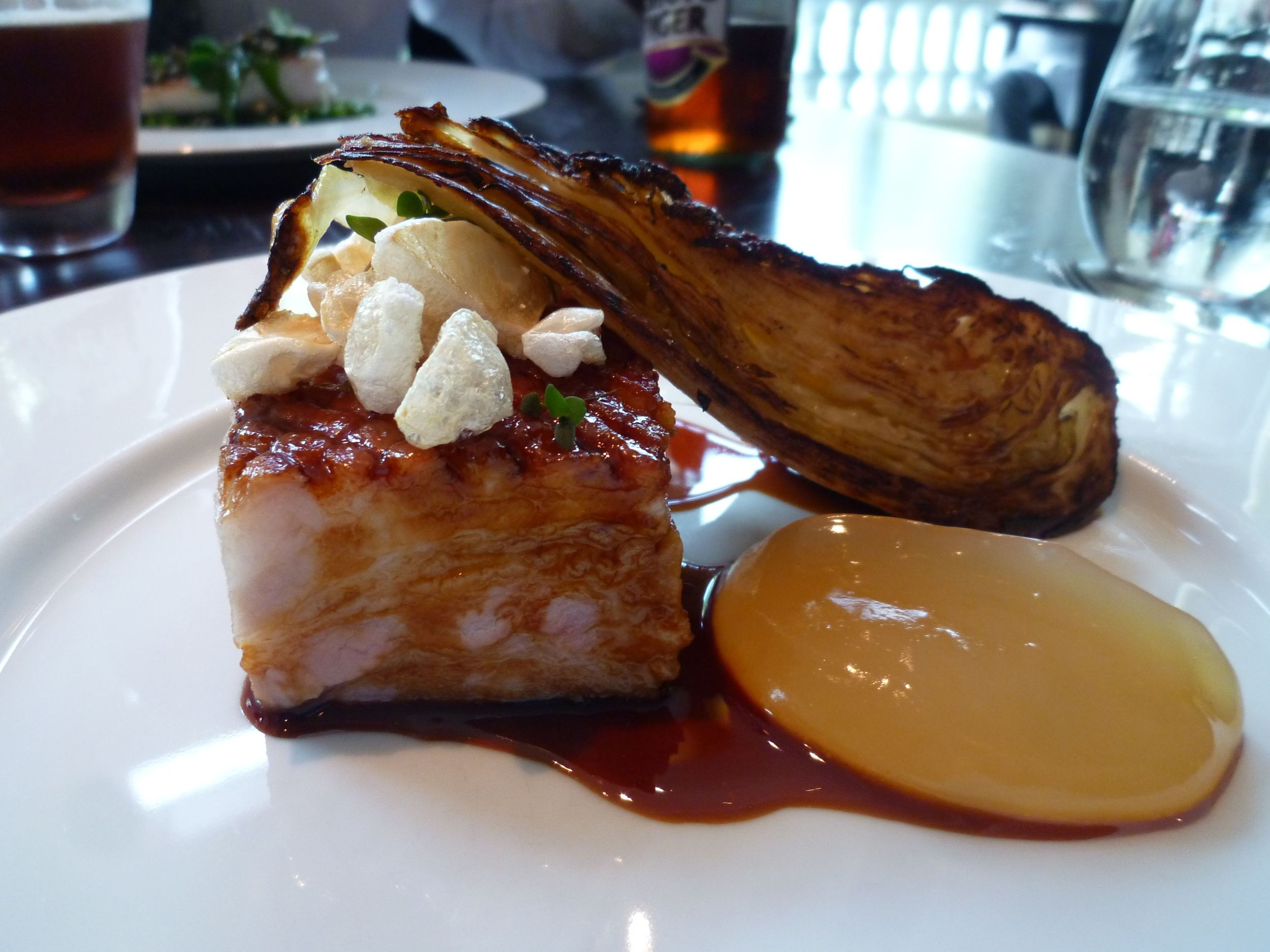Childhood memories: homemade sherbet
I was at a fantastic wedding recently and the happy couple handed out favours to the guests containing small bags of sweets from the 1970's - think flying saucers, black jacks and refreshers - leading to drunken reminiscences of childhood confectionery. Sherbet fountains were my particular favourite, partly because they looked like sticks of dynamite, but also because they were two sweets in one. Recreating them isn't exactly haute cuisine, although the Fat Duck (once voted best restaurant in the world) does give all of its guests a retro sweetie bag to take home, so I thought I’d give it a go.
As any good chemist will tell you, there are four basic ingredients in sherbet:
- icing sugar: for sweetness
- bicarbonate of soda: for fizziness
- citrc acid: for sourness
- dehydrated fruit: for flavour and colour (although this can be omitted if you want a “plain” sherbet)
Just take 100g of icing sugar, 2 level teaspoons each of the bicarb and the citric acid and 15g of whichever dehydrated fruit you prefer (raspberry or strawberry would be my choice - just look in the baking section of your local supermarket). Blitz in a spice grinder and you are done. You can play with this basic recipe depending whether you like a sweeter, fizzier, more sour or more flavoursome result. If you want to go the whole hog you can also make the liquorice, although I just bought a bag from the local health food shop to make this a 10 second recipe.
Just one word of caution though, most online advice is that citric acid can be bought in pharmacies. When I asked my local pharmacist I was told that it is used by drug dealers to “cut” their wares, so UK chemists have been instructed to stop selling it… however, I did find it in the spice section at my local Asian supermarket.
I am not sure if this information is most useful to drug dealers or sherbet makers, but either way it should stop you being embarrassed next time you are in Boots the Chemist...
See strawberry and passion fruit sherbet recipe.





